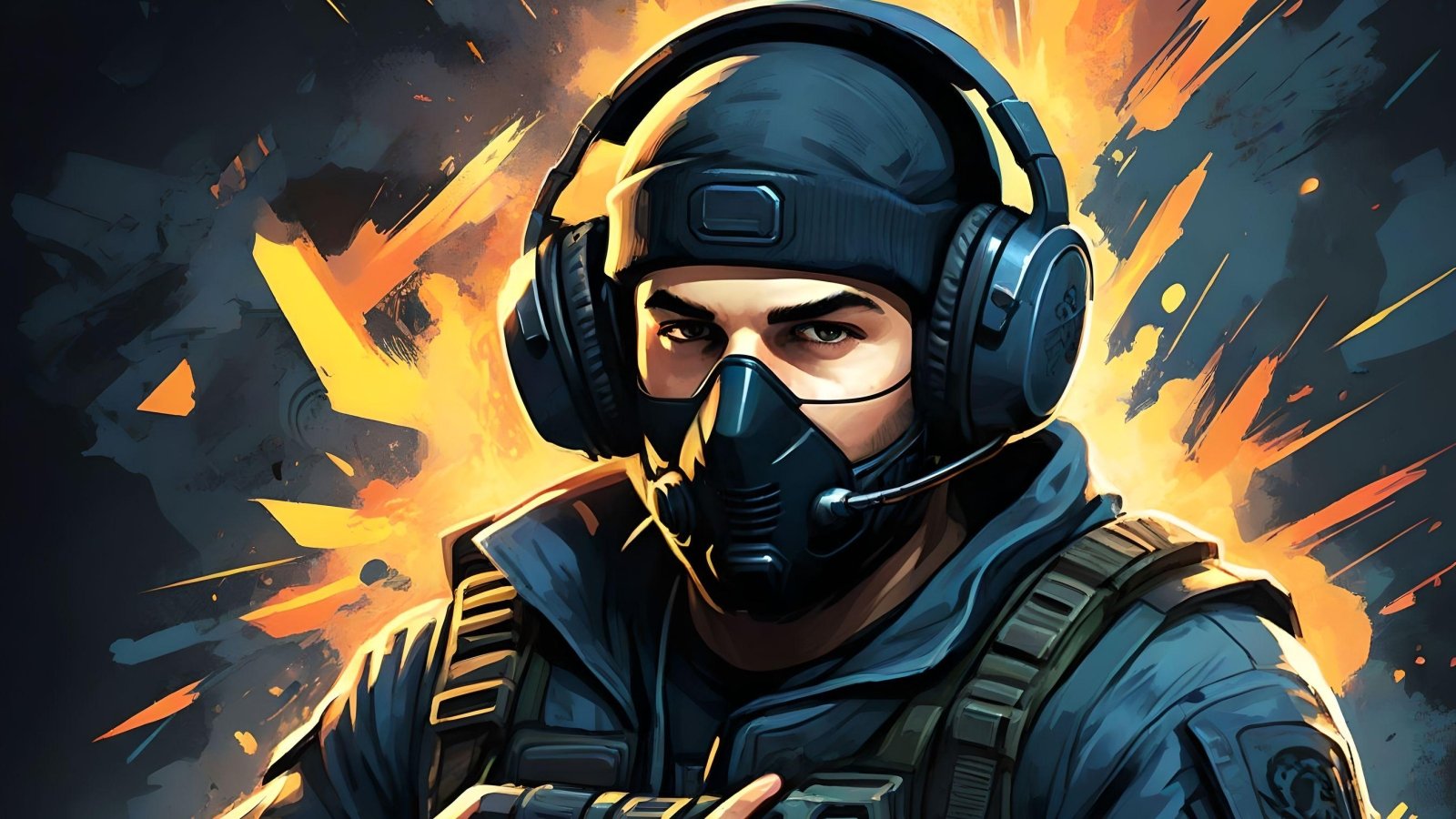Bodrum Escapes: Your Guide to Luxury and Leisure
Explore the best of Bodrum with exclusive insights and tips for an unforgettable experience.
Leading the Charge: Navigating the CS2 IGL Role with Flair
Master the CS2 IGL role with our guide! Discover strategies, tips, and flair to elevate your gameplay and lead your team to victory.
Mastering the CS2 IGL Role: Essential Skills and Strategies
In the dynamic world of competitive gaming, mastering the CS2 IGL role is crucial for team success. An In-Game Leader (IGL) not only strategizes gameplay but also motivates and coordinates team members effectively. To excel in this role, one must develop key skills such as effective communication, game sense, and decision-making. The IGL should be able to read the game and opponents swiftly, adapting strategies on the fly while maintaining a clear vision of the team's overarching goals.
Furthermore, implementing robust strategies can significantly elevate the team's performance. Below are essential skills and strategies an IGL should focus on:
- Map Knowledge: Understanding all maps deeply enables the IGL to call plays based on terrain advantages.
- Adaptability: Being flexible and able to change plans based on real-time events is key.
- Team Dynamics: Knowing each player's strengths and weaknesses allows the IGL to utilize them effectively during matches.
By honing these skills, aspiring IGLs can lead their teams to victory and truly master the CS2 IGL role.

Counter-Strike is a popular tactical first-person shooter that pits teams of terrorists against counter-terrorists in various game modes. Players must work together, utilizing strategy and communication to accomplish objectives and eliminate the opposing team. For newcomers looking to improve their skills, understanding the demo controls cs2 can be crucial in learning from past matches and refining their gameplay.
Top 5 Mistakes New IGLs Make in CS2 and How to Avoid Them
Becoming an In-Game Leader (IGL) in Counter-Strike 2 (CS2) is a significant responsibility, but many new IGLs tend to make common mistakes that can hinder their effectiveness. One of the top mistakes is not communicating effectively with their teammates. Clear communication is crucial for team strategy and coordination. New IGLs often forget to relay important information during matches, which can lead to confusion and poor decision-making. To avoid this pitfall, establish a communication protocol that includes concise callouts and ensures every player knows their role in different scenarios.
Another frequent mistake is failing to adapt strategies during matches. New IGLs may stick rigidly to a pre-planned strategy, even when it becomes clear that it isn't working. This inflexibility can be detrimental to the team’s chances of victory. Instead, IGLs should learn to read the game dynamics and adjust their tactics accordingly. Incorporating flexibility in gameplay and encouraging team members to discuss in-game changes can vastly improve overall performance. Remember, a successful IGL is one who can pivot and inspire adaptability within their team.
How to Motivate and Lead Your Team as an IGL in CS2
As an IGL (In-Game Leader) in CS2, motivating and leading your team is crucial for achieving success in competitive gameplay. One of the most effective ways to inspire your team is by cultivating a positive environment where communication and teamwork thrive. Encourage open discussions during practice sessions, where every team member feels valued and heard. This can be achieved through regular feedback sessions, where you not only share your observations but also invite input from your players. Moreover, setting clear goals and celebrating small victories can significantly boost your team's morale and enhance their motivation to perform better.
Another key aspect of being an effective IGL is understanding the strengths and weaknesses of your players. Tailor your strategies to leverage their skills, whether they excel at aggressive plays or tactical defenses. Consider implementing a rotation system to diversify their roles and keep the gameplay dynamic. Additionally, don't hesitate to lead by example; showing your own commitment and dedication can inspire your teammates to elevate their game. Remember, a motivated team that trusts its leader will not only perform better but also tackle challenges with resilience and teamwork.